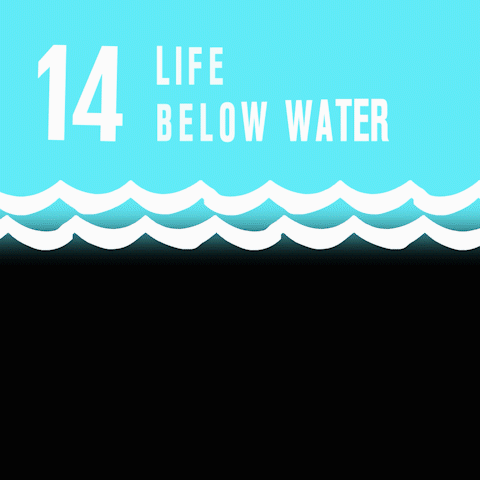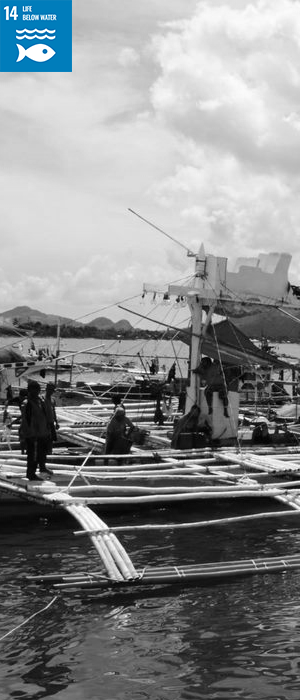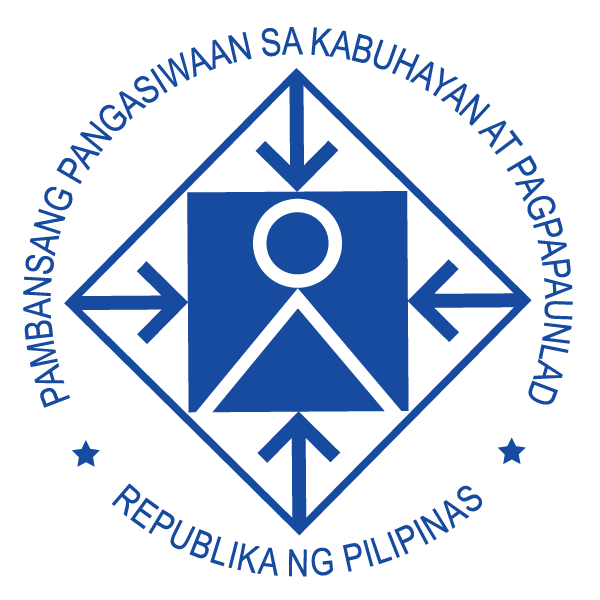conserve and sustainable use the oceans, seas, and marine resources for sustainable development
Healthy oceans and seas are essential to our existence. They cover 70 percent of our planet and we rely on them for food, energy and water. Yet, we have managed to do tremendous damage to these precious resources. We must protect them by eliminating pollution and overfishing and immediately start to responsibly manage and protect all marine life around the world.

goal 14 in NUMBERs
targets
By 2025, prevent and significantly reduce marine pollution of all kinds, in particular from land-based activities, including marine debris and nutrient pollution
By 2020, sustainably manage and protect marine and coastal ecosystems to avoid significant adverse impacts, including by strengthening their resilience, and take action for their restoration in order to achieve healthy and productive oceans
Minimize and address the impacts of ocean acidification, including through enhanced scientific cooperation at all levels
By 2020, effectively regulate harvesting and end overfishing, illegal, unreported and unregulated fishing and destructive fishing practices and implement science-based management plans, in order to restore fish stocks in the shortest time feasible, at least to levels that can produce maximum sustainable yield as determined by their biological characteristics
By 2020, conserve at least 10 per cent of coastal and marine areas, consistent with national and international law and based on the best available scientific information
By 2020, prohibit certain forms of fisheries subsidies which contribute to overcapacity and overfishing, eliminate subsidies that contribute to illegal, unreported and unregulated fishing and refrain from introducing new such subsidies, recognizing that appropriate and effective special and differential treatment for developing and least developed countries should be an integral part of the World Trade Organization fisheries subsidies negotiation
By 2030, increase the economic benefits to Small Island developing States and least developed countries from the sustainable use of marine resources, including through sustainable management of fisheries, aquaculture and tourism
Increase scientific knowledge, develop research capacity and transfer marine technology, taking into account the Intergovernmental Oceanographic Commission Criteria and Guidelines on the Transfer of Marine Technology, in order to improve ocean health and to enhance the contribution of marine biodiversity to the development of developing countries, in particular small island developing States and least developed countries
Provide access for small-scale artisanal fishers to marine resources and markets
Enhance the conservation and sustainable use of oceans and their resources by implementing international law as reflected in UNCLOS, which provides the legal framework for the conservation and sustainable use of oceans and their resources, as recalled in paragraph 158 of The Future We Want

goal 14 in action
List of Key Government Programs, Activities, or Projects (PAPs) Contributing to Goal 14.
National Search for Outstanding Coastal Community Malinis at Masaganang Karagatan
The MMK program of the DA-BFAR aims to promote fisheries protection and conservation, centers on the significance of sustainably managing our fisheries and aquatic resources, and promotes stakeholder
National Stock Assessment Program
This program by the DA-Bureau of Fisheries and Aquatic Resources (DA-BFAR) conducts assessment of major pelagic and demersal species in major fishing grounds of the county through establishment of standardized
Coastal and Marine Ecosystems Management Program (CMEMP)
This program by the DENR-BMB aims to comprehensively manage, address and effectively reduce the drivers and threats of degradation of the coastal and marine ecosystems in order to achieve and promote sustainability


